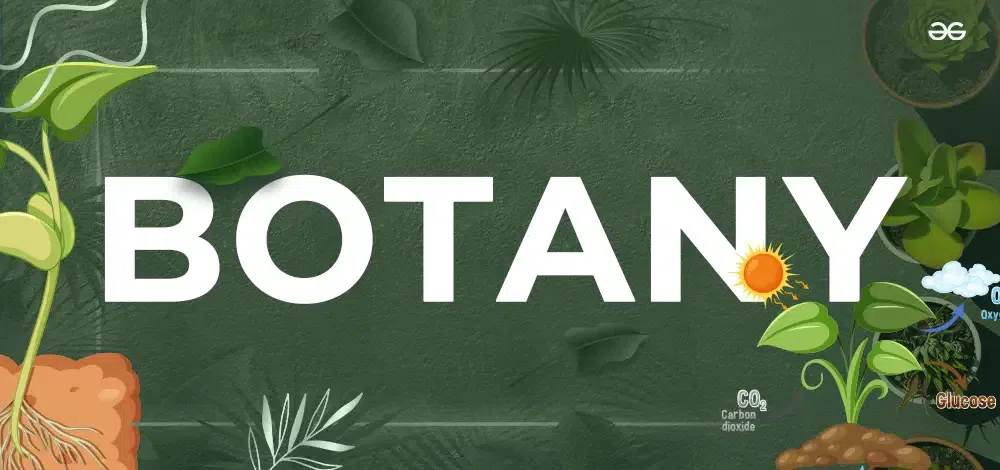Rooted in Tradition: Exploring the Mystical Bonds Between Humans and Earth’s Flora
In a era dominated by engineering and urbanization, it's an easy task to neglect the extraordinary role flowers play in sustaining living on Earth. However, plants are a whole lot more than just a history to your daily lives—they're crucial to the well-being of equally the environment and humanity. From purifying the air we breathe to selling psychological wellness, crops are the unsung guardians of our planet's health.

The Critical Role of Plants in the Environment Plants function as the backbone of Earth's ecosystems, giving numerous advantages that maintain life. They generate oxygen through photosynthesis, a procedure where crops convert sunshine in to power and release air as a byproduct. This natural incidence is required for human survival, along with the success of numerous other species. Beyond oxygen production, flowers also become organic carbon sinks. In the face area of weather change, flowers absorb large levels of co2 from the environment, helping mitigate the effects of worldwide warming. Trees, for instance, have already been proven to store more carbon in their biomass, making them important people in the fight against weather change. Moreover, plants are vital in maintaining soil health and stopping erosion. Their roots support the soil, reduce runoff, and increase water retention. This produces a healthy atmosphere that helps biodiversity and assists control regional climates. Plants as Soul Nourishers Similarly, the ancient Greeks and Romans attributed numerous heavenly qualities to crops, from the laurel wreath that symbolized victory to the olive tree representing peace and prosperity. In several indigenous cultures, plants like sage and forest were used in washing rituals, believed to purify spaces and spirits. On a emotional level, flowers also have a profound affect human health. Research has shown that only being about greenery can reduce strain, increase imagination, and increase overall mood. Whether it is a houseplant on your windowsill or a stroll via a lavish park, the presence of flowers has a calming influence on the mind. Plants also contribute to higher air quality. Several indoor plants can filter contaminants, such as for instance benzene, chemical, and ammonia, purifying the air and making a healthier living environment. The healing features of plants, equally inside and outside, aren't just scientifically guaranteed but may also be celebrated by countries worldwide.

Realization The quiet, however powerful, impact of flowers on both planet's ecosystems and human well-being can't be overstated. As we continue to manage environmental and mental wellness challenges, it's critical that we understand flowers as correct “green guardians”—working guards of the World and healers of the human spirit. Let's continue steadily to feed, protect, and observe the unbelievable energy of flowers, ensuring a thriving planet for future generations.